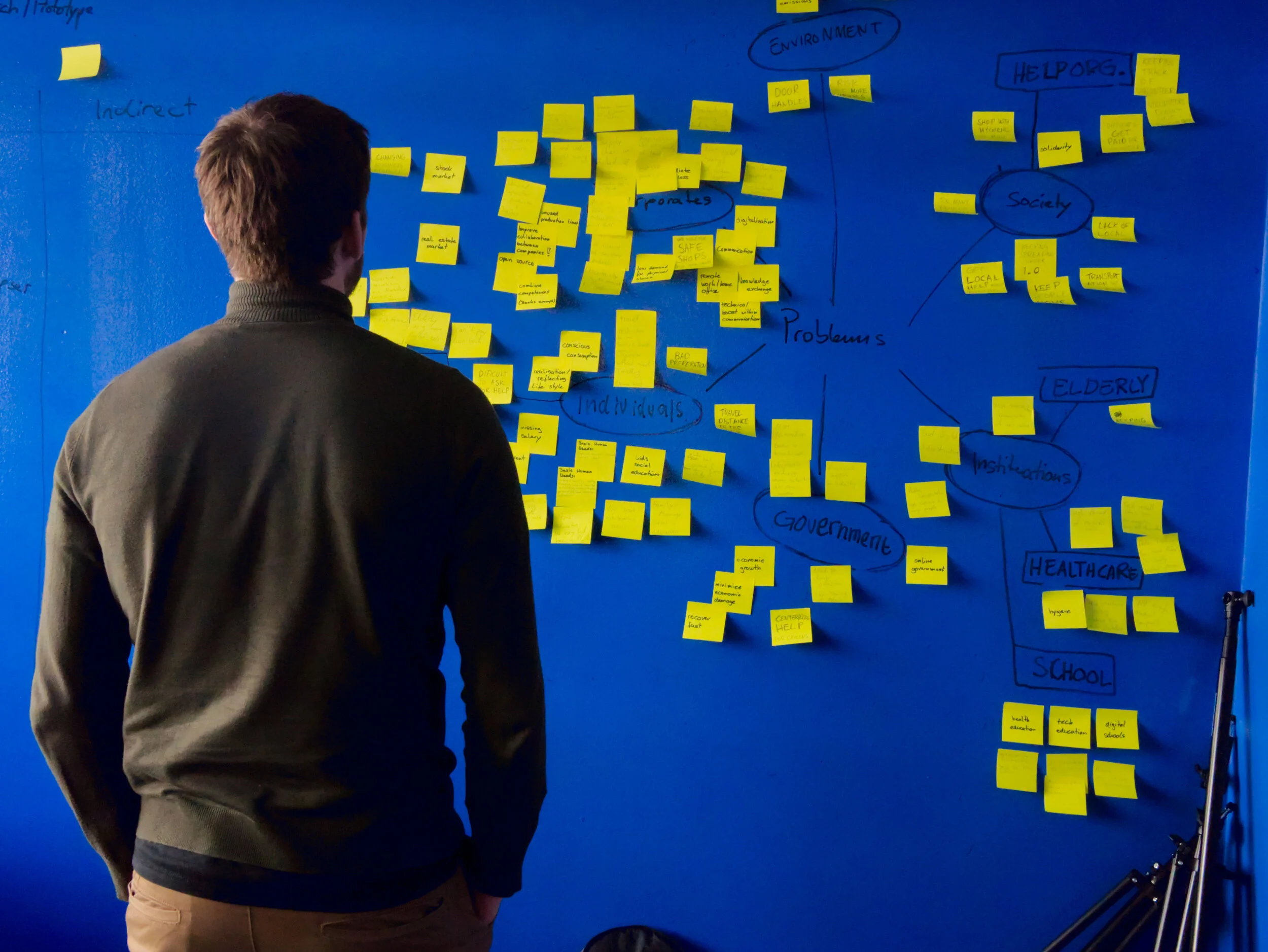The Stages of Project Management:
1. Identify the Spark
2. Gather
3. Brainstorm
4. Structure
5. Action
6. Refine
7. Celebrate
Stage 1 – Identify the Spark
The first step in any project is to light the fuse! You need a strong emotional connection to your project. Having an emotional spark with your project will give you the momentum you need to get through the inevitable challenges you’ll come across. What positive emotion does this project give you? If you’re working as a group, what positive emotions do your team members have in common? The smallest idea can grow into a masterpiece – consider Beethoven’s simple four note idea that became his Fifth Symphony. If there’s no spark, the project is dead in the water. But when you have that spark – you’re ready to go!
Many corporate project management books I’ve read would call this stage – Identify the Problem. I disagree. We want to engage our imagination! Let’s pursue a project like a composer would create a beautiful piece of music. Identifying your spark shifts your creativity into high gear, identifying a problem feels like an energy-draining pursuit of mediocrity.
Stage 2 - Gather
In the gathering stage, you lay the groundwork for your project. Become a collector! Be open to anything that comes your way related to the subject. Inspiration may come quickly or sporadically. Have a system to capture thoughts, conversations, pictures, film, music, art, books, and articles that surface. Twyla Tharp, famous choreographer, described her process in her book The Creative Habit. In essence, she grabs a box, slaps a label on it, and starts tossing stuff in there related to her project.
Stage 3 – Brainstorm
Brainstorming is the process of generating lots of ideas. Editing has no place here – strive for quantity not quality. Ask as many questions as you can! Your project will begin to have some focus.
Examples:
Why is this project important to me?
Who is this product for?
When do I need to have my first draft done?
Who else has done this?
What are the key challenges that could come up?
How many pages will this book be?
Do we want to have a theme for the party?
Stage 4 – Structure
Here is where you make large-scale structure decisions and begin to visualize your project in its entirety. Here is where you would write an outline for your project. You’ll be choosing the form and parameters of your project. Is there a logical thread throughout the work? Is there variation? Contrast? A beginning-middle-end? If you’re working on a book, how many chapters will there be and what are their titles?
Stage 5 – Action
It’s time to drop the needle and create! Whether you’re writing, creating, or taking action on your plan; this is the stage where you’ll do the bulk of the work for the project. Use centering to get into your most efficient mindset and practice the mantra “I am at my very best – right now.” Navigate between detailed and big picture work.
Stage 6 – Refine
This is the detail work. The refining stage is often skipped over and it’s a shame. It’s fulfilling when you can dig in and enjoy the process of making your project sparkle. Stephen King said it best while describing a well-written poem. King said the inner-workings of the poem were so tightly connected that one could almost hear its support cables hum. And that’s how you should feel about your project after you’ve refined the heck out of it and made it shine.
Stage 7 – Celebrate
The project is complete. It’s time to celebrate your accomplishment.
Take a large project that is on your plate right now and apply the seven stages of project management to it!
Related blog post:
Finish Large Projects with Ease - Podcast, Episode 4





